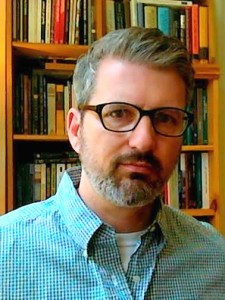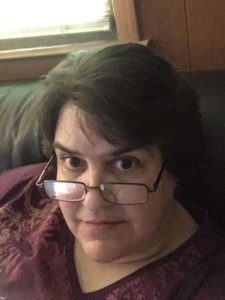“Composition” at UWM includes three First-Year Writing courses – 100, 101, and 102. Students get placed into the appropriate course through test scores, or may in some cases “test out” of the requirement (see the section on Placement).
All our Composition courses aim to help students improve the various skills they need for excellent writing. These include everything from basic elements such as grammar and diction up through advanced techniques of stylistic expression and use of multimedia formats. All our courses (except online sections) are taught in small seminar classrooms with lots of discussion, frequent assignments and revisions, and many opportunities for one-on-one feedback.
Our Approach
At UWM we approach writing as a social, even ethical, activity. Why? Because when we write, we have to think carefully about the relations we already have with one another and about the ways the choices we make in our writing may bring about new or different relationships. How is the way we speak and write affecting others? Are we considering our words from the point of view of different audiences? An emphasis on diversity and inclusion can help expand the range and success of these relationships, and of the writing, we do within them.
Sometimes when we write, we write to figure out what we want to say. We write to learn or to discover, without thinking first of the writing as communication. But mostly when we write, we write to connect and to act. We communicate with other people because we want or need to get something understood or done. Writing is often the best, or even only, way to do this. Such writing could be an email, essay, research article, memo, web site, editorial, technical report, or one of many other genres we practice in our courses.
Writing often depends on and benefits from, imagination and creativity. We hope, then, that in your writing classes you both take writing seriously and have some fun with it. Continue to play with words and sentences as you have been doing since you first began to speak (and later write), finding new possibilities of expression and discovering new things about yourself as a writer and thinker.
Finally, we make a request of you: please remember that these are classes about writing and communication, so please communicate throughout the semester with each other in class and with us. Let us know what you think about your composition classes and what you think about the writing you are doing here at UWM.
Goals for First-Year Writers
While each composition course has a set of specific goals and practices that are particular to its place in the sequence of courses, all composition classes share a common set of goals:
Critical Reading/Critical Writing Connections: Writers will use writing and reading for inquiry, learning, thinking, and communicating.
Writing Process Strategies: Writers will use their writing as a means of developing a critical perspective on their reading.
Shaping and Communicating Meaning: Writers will develop purposeful essays that provide adequate context for readers.
Knowledge of Academic Writing Practices: Writers will develop knowledge of academic writing conventions.
Critical Reflective Practice: Writers will reflect critically on, evaluate, and revise their own reading and writing practices in light of academic and other reading and writing practices and course goals.
Contact
First-Year Composition Program
Shevaun Watson
- email: watsonse@uwm.edu
- phone: (414) 229-5911
- office: Curtin 414
Jennifer Dworschack-Kinter
- email: jendk@uwm.edu
- office: Curtin 402
Composition Lecturers


